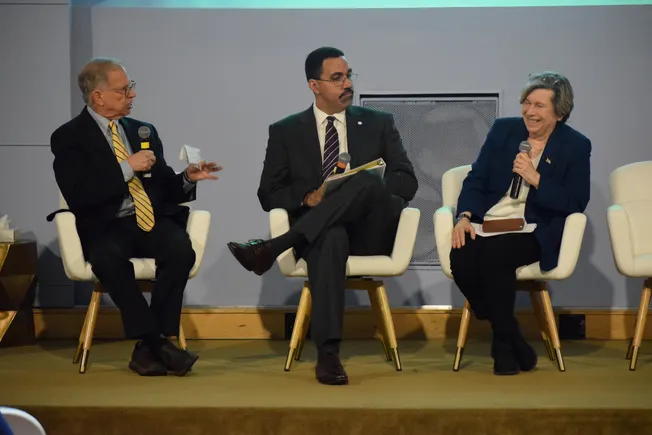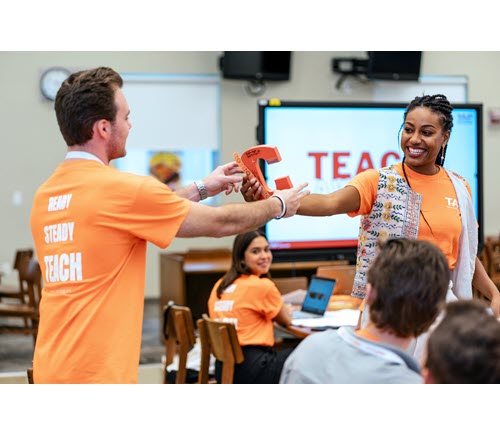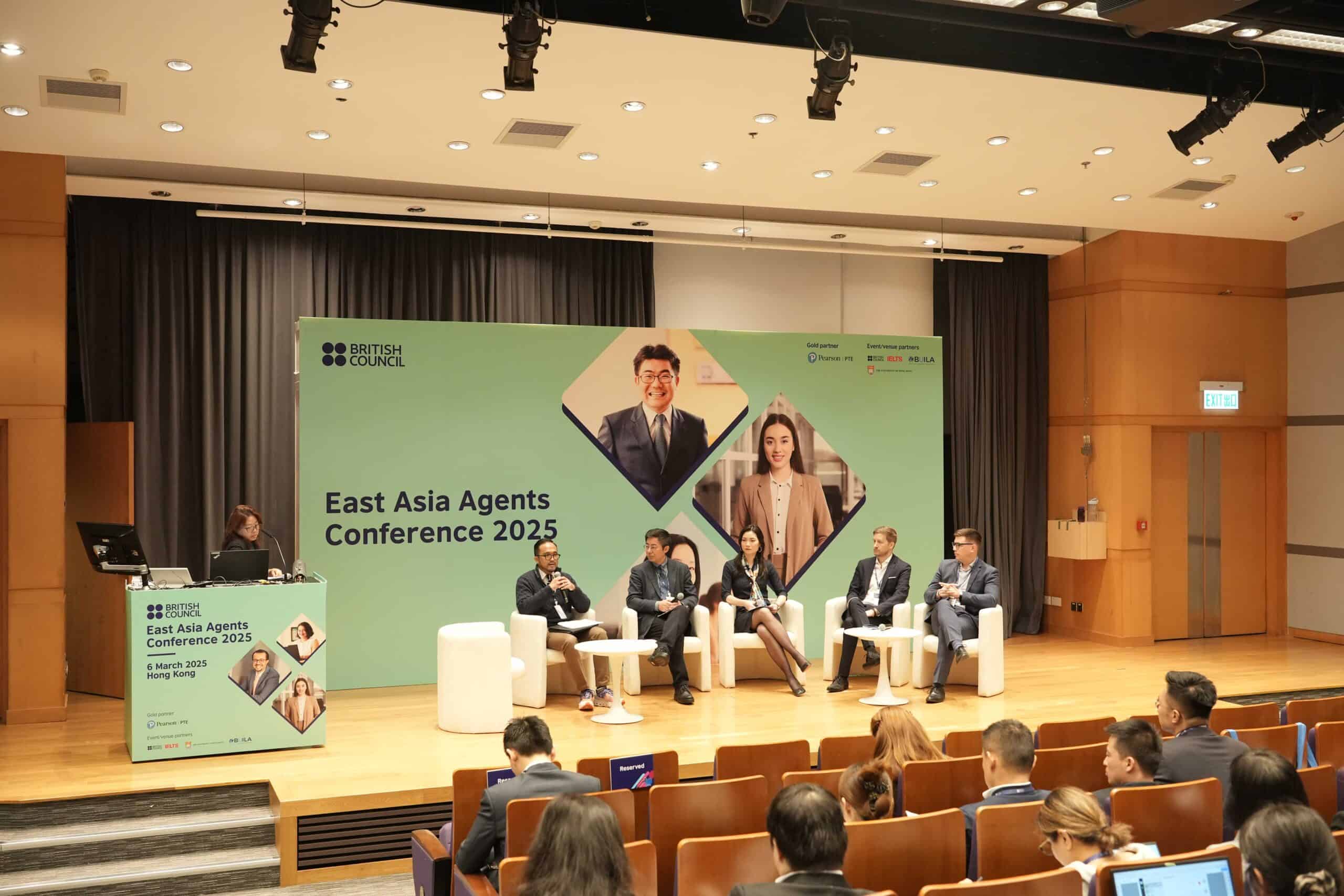Multi-year collaboration to strengthen cybersecurity, streamline systems, and drive operational innovation across campus.
DENVER, Colo. — [November 11, 2025] — Regis University today announced a new five-year partnership with Collegis Education, a nationally recognized provider of higher education technology and data solutions, to modernize and strengthen the university’s IT infrastructure. The collaboration marks a major step in Regis’ ongoing digital transformation strategy, designed to enhance cybersecurity, improve data integration, and deliver more efficient, 24/7 technology services across campus.
In the fall of 2023, Regis launched a comprehensive assessment of its IT infrastructure. The results made clear that gaps in existing systems limited the university’s ability to serve students, faculty, and staff efficiently. Addressing these challenges required reimagining how technology services are delivered to ensure systems are reliable, responsive, and aligned with the needs of a modern learning environment.
“Technology is foundational to how we teach, learn, and work, and this partnership represents a major investment in Regis University’s future,” said Stephanie Morris, Vice President and Chief Financial Officer of Regis University. “Partnering with Collegis allows us to modernize our IT operations, strengthen security, and provide a more unified and responsive experience for our community, all while maintaining our commitment to operational excellence and fiscal responsibility.”
Regis selected Collegis through a competitive RFP process, following staff recommendations based on prior positive experiences with the company at other institutions. Throughout the evaluation, Collegis distinguished itself by demonstrating a deep understanding of universities’ operational complexities and by recognizing the central role technology plays in supporting teaching, learning, and student success.
As part of the partnership, Collegis will help Regis integrate core systems, including Colleague, Salesforce, and Workday, to create a more seamless experience for students, faculty, and staff. This will allow Regis to improve efficiencies, access diverse levels of expertise, provide 24/7 service availability, and improve system integrations.
The collaboration will provide Regis with access to a broad range of higher education IT expertise and scalable resources. Collegis’ team will collaborate closely with Regis leadership to deliver high-performing systems, improved uptime and reliability, and integrated data systems that strengthen university operations and inform decision-making.
“We are proud to partner with Regis University, an institution with a deep commitment to innovation and service,” said Kim Fahey, CEO of Collegis Education. “Our role is to help Regis leverage technology to empower its mission to support a secure, connected, and efficient digital ecosystem that enhances the student experience and strengthens institutional resilience.”
Under the agreement, Collegis will assume management of day-to-day IT infrastructure operations, while Regis will continue to oversee technology strategy and governance. Faculty, staff, and students will continue to access support through familiar channels—including the online self-service portal and ITS help desk—with the added benefit of 24/7 availability and expanded system monitoring.
The transition will take place over the coming year, with listening sessions and open forums held throughout the process to ensure transparency, collaboration, and feedback from the Regis community.
“Partnership success is realized when operational excellence, trust, and shared purpose combine to deliver reliable technology services; improved faculty, staff, and student experiences; and measurable value to the university’s mission,” said Morris. “With Collegis as a strategic partner, we will be able to evolve to meet changing institutional needs and empower our faculty to teach, our students to learn, and our community to thrive.”
About Regis University
Established in 1877, Regis University is a premier, globally engaged institution of higher learning in the Jesuit tradition that prepares leaders to live productive lives of faith, meaning and service. Regis University, one of 27 Jesuit universities in the nation, has two campus locations in the Denver metro area and extensive online program offerings with more than 6,000 enrolled students. It is a federally designated Hispanic-Serving Institution. For more information, visit www.regis.edu.
About Collegis Education
As a mission-oriented, tech-enabled services provider, Collegis Education partners with higher education institutions to help align operations to drive transformative impact across the entire student lifecycle. With over 25 years as an industry pioneer, Collegis has proven how to leverage data, technology, and talent to optimize institutions’ business processes that enhance the student experience. With strategic expertise that rivals the leading consultancies, a full suite of proven service lines —including marketing, enrollment, retention, IT —and its world-class Connected Core® data platform, Collegis helps its partners drive impact and generate revenue, growth, and innovation. Learn more at CollegisEducation.com or via LinkedIn.
Media Contacts:
Collegis Education
Alyssa Miller
973-615-1292
Regis University
Sheryl Tirol











